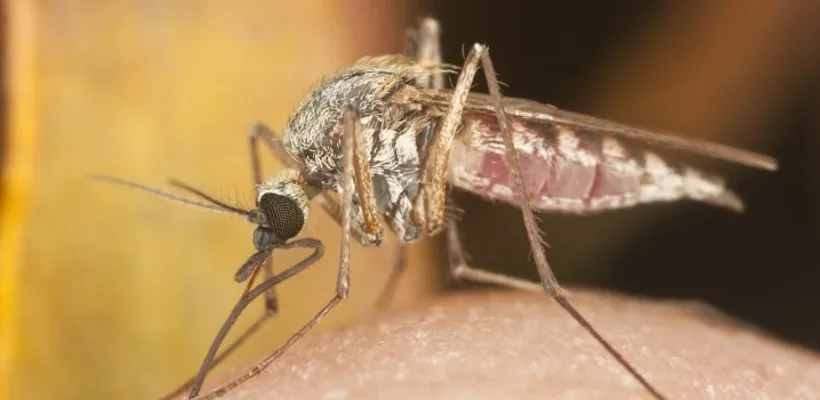Zika Virus Information

Published: 9th February, 2016 in: Health Advice
The World Health Organisation (WHO) has reported that the Zika Virus, which is spread by the Aedes Aegypti mosquito, is an emergency to global public health.
Evidence suggests that pregnant women who have contracted the Zika Virus at any stage during pregnancy could have an increased risk of giving birth to a baby with Microcephaly (an abnormally small head that is associated with incomplete brain development).
Where mosquitoes that carry malaria are normally more active at night, the Aedes Aegypti mosquito is typically more active during the day.
If you are pregnant or trying to conceive and have travelled to a country where there is an ongoing Zika virus outbreak, see your GP or midwife. The Zika Virus may be present in semen for up to two weeks so it is advised to use a condom for 28 days after returning home if no symptoms have shown and for six months following recovery from the virus or if Zika has been confirmed by a doctor.
Where the Zika Virus is Found:
The Zika Virus is currently active in the following countries: Brazil, Barbados, Bolivia, Colombia, Dominican Republic, Ecuador, El Salvador, French Guiana, Guatemala, Guadeloupe, Guyana, Haiti, Honduras, Martinique, Mexico, Panama, Paraguay, Puerto Rico, Saint Martin, Suriname and Venezuela. The latest up to date list of affected countries can be found at the following link: http://www.paho.org/hq/index.php?option=com_content&view=article&id=11603&Itemid=41696&lang=en
Symptoms:
Whilst most people don’t show any symptoms of the Zika Virus – only one in five, those who do usually experience them for between two and seven days.
Symptoms include:
- Mild fever
- Joint and muscle pain
- Itching
- Rash, which is sometimes itchy
- Conjunctivitis
- Headache
- Eye Pain
Prevention:
Use insect repellent that contains N, N-diethyl-meta-toluamide (DEET) on – It is safe to use during pregnancy and should be applied to skin after sunscreen – available at the following link: https://www.weldricks.co.uk/travel-and-malaria/insect-repellents Wear loose, baggy clothing that covers arms and legs Use air conditioning or window and door screens to keep mosquitoes outside. Use a mosquito net when you sleep to protect yourself from mosquito bites – available at the following link: https://www.weldricks.co.uk/travel-and-malaria/insect-repellents/mosquito-nets
Useful Links:
ttp://www.cdc.gov/zika/index.html
http://www.nhs.uk/news/2016/01January/Pages/Zika-virus-your-questions-answered.aspx